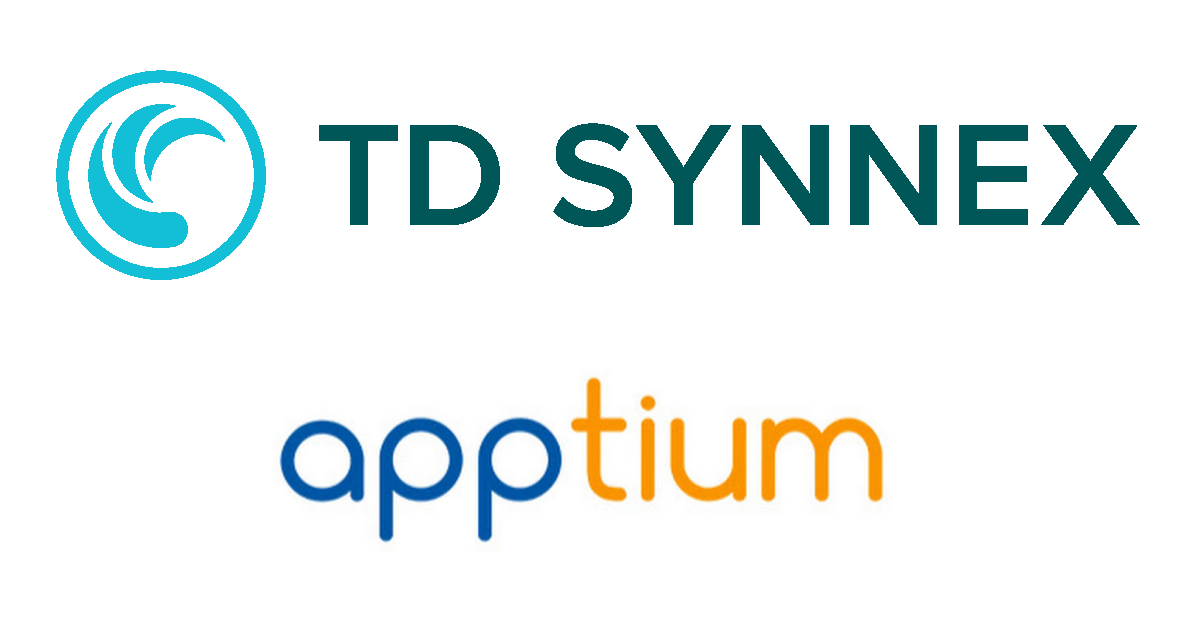With all of the headlines about the cloud it is extremely difficult for enterprises looking for a solution to get a comparative view of the myriad of offers on the market. Start-up CloudScreener.com, a free cloud computing diagnosis and comparison service, decided to study what those using its website are actually looking for and the results are an eye-opener to say the least.
If you have not heard of CloudScreener.com’s service a primer is in order. The French company’s service enables worldwide organizations to analyze and evaluate cloud offers using 120 criteria which include price, performance, security, SLAs, etc. Since its recent launch, more than 25,000 cloud comparisons have been made with comparisons performed by enterprises from 115 countries seeking information about Infrastructure as a Service (IaaS) in particular.
Try it you may like it
The big pull out from the study of a sample of 9576 cloud comparisons done June and September 2013 by users based in the U.S., UK, France, Canada, Belgium, Switzerland, India and Australia found that those doing comparisons largely seem to be in a “Try it you will like it” mode.
As CloudScreener.com notes, “In 65 percent of cloud computing searches made on CloudScreener.com, companies are looking for no long-term commitment with their supplier. Only 25 percent of researches include a willingness to commit to a period of 1 year or more…Some of these companies would change their minds and accept an engagement at the time of the purchase but with two conditions: the opportunity to get a price reduction and confidence in their ability to predict their needs over the next months.

Source: CloudScreener.com
CPU & RAM requirements
The company also took a look at what CPU, RAM and storage requirements visitors are evaluating. It states that: “Given the heterogeneity of types of businesses and cloud needs, the volume of RAM and CPU searched varies widely.” They go on to point out that cloud services providers who offer packaged instances with predefined volume of RAM, CPU and Storage (Amazon Web Services, Windows Azure, Rackspace, etc.), are offering many different Virtual Machines (VM) sizes to cover most users needs (e.g., AWS offers 17 different types of virtual machines).
It notes that the majority of expressed needs can be covered by VMs with « average » capacity (according to the reference units created by CloudScreener.com): 60% by "Medium" type instances and 11% by "Large" type instances. The remaining 29 percent are answered by "Small", "Extra-wide" or more specific ones (high CPU, high RAM...).


Source: CloudScreener.com
Regarding storage half of the inquiries did not include storage which CloudScreener says appears not to be a decisive factor in the choice of a cloud service provider offer, and is an add-on once the provider is selected. When it comes to operating system what was a bit surprising was that 75 percent of requests were for VMs with Linux OS versus 25 percent for machines with Windows OS.
If you are thinking about moving to the cloud and have questions, CloudScreener seems to be a good place to get answers both when you are starting your evaluation and once you get a feel for who and what is out there. The added benefit is that the information is free, a price that should at least make you want to take a look.
Edited by Cassandra Tucker






